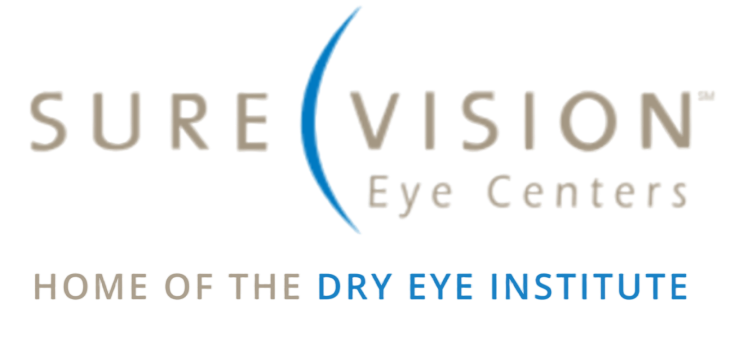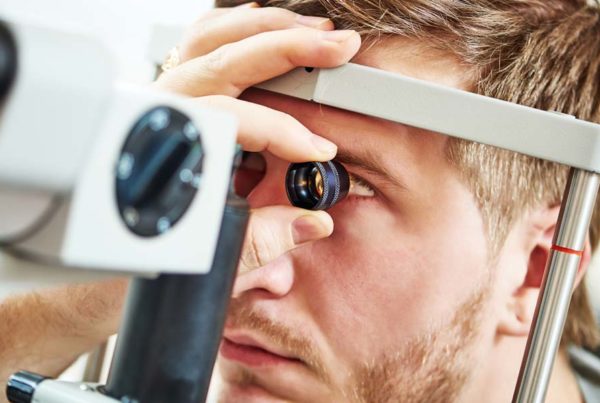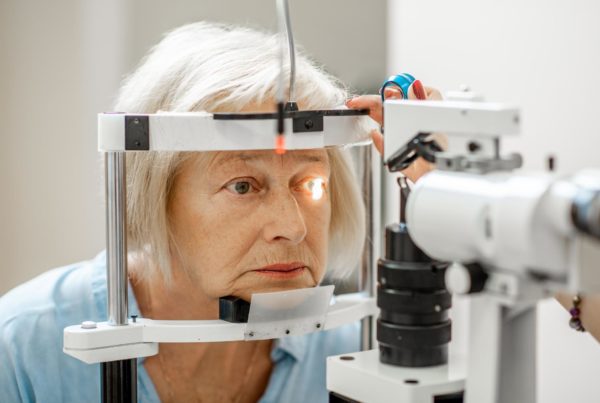
I perform hundreds of cataract surgeries every year, and while everyone’s eyes and visual needs are unique, the questions our patients ask us about the surgery and recovery process are quite similar. To provide you with the shared wisdom of all those patients who have successfully gone before you in this process, we have created a blog series to answer some of these frequent questions. Our hope is that this information can be helpful both to our patients that have mild cataracts who want to better understand what the future may hold and to those of you actively planning for an upcoming cataract surgery for yourself or a loved one. If you haven’t already, please read our May blog post by Dr. Gans entitled “Common Questions After Cataract Surgery” for the first installment of this series.
Read Common Questions After Cataract Surgery Part 1I also want to reiterate one of the points Dr. Gans made in his previous post, which is that there aren’t really “scientific” answers to many of these questions and these are the recommendations that we provide for our patients based on our cumulative experience of performing thousands of cataract surgeries. However, you should certainly discuss these questions with your surgeon to know what is best for your particular eye condition.
Will I be Put to Sleep for Cataract Surgery?
These days, nearly all patients undergoing cataract treatment will not need to be put completely “to sleep” for the surgery. This allows us to avoid the potential risks of general anesthesia (where the patient is put completely “under” and a breathing tube is placed to help them breath) while still performing safe and effective surgery.
This does not mean, however, that your comfort will be compromised in any way. You will be given a relaxing medication through your IV to calm your nerves. An eyelid holder will be placed so that you don’t have to worry about blinking. And, you will be given eye drops and a medication in the front part of the eye to numb everything so that you are comfortable during the procedure. All you have to do is lay back, relax, listen to the music in the background, and your surgeon will take care of everything else.
Like everything else, there are always exceptions to this rule. Very rarely, patients do require general anesthesia, but your surgeon would alert you if that is the case for you.
Should I Take My Normal Medications Before and After Cataract Surgery?
For your safety, it is important not to eat or drink anything prior to your surgery. However, we do ask that you take necessary medications on the morning of your surgery with very small sips of water. 1-2 days prior to your surgery, one of the highly-skilled Registered Nurses from Woodcrest Surgery Center, where your surgery will be performed, will call you to go over each and every one of your medications so that you are aware which of your medications will be necessary to take the morning of surgery and which will not be necessary. You will also be told your scheduled arrival time and the time that it is important to stop eating and drinking prior to your surgery. Please write this information down so that you have this information ready to go on the day of the surgery. After your procedure is complete, you can resume all of your normal medications on their regular schedule unless otherwise directed by your surgeon.
When Can I Take a Shower or Wash My Hair After Surgery?
For all of our patients who undergo routine cataract surgery, you will leave the operating room with a clear shield covering the surgical eye. This shield will stay on for the remainder of the day and night, and the following morning. The only exception in which it is ok to take off the eye shield is if your surgeon asks you to start your eyedrops on the day of surgery. In this case, you can loosen the tape from your forehead to allow the shield to rest on your cheek while you apply your drops. Then, please reapply the shield as it was before.
You will still have the shield on when you arrive at our office the following day. During your visit it will be removed by one of our ophthalmic technicians, and you will leave our office without the shield covering your eye. We only ask that you wear the shield when you sleep for the next 1 week after that. During the day you do not need the shield, but we ask that you do not rub the eye.
Once the shield has been removed you are safe to take a shower and wash your hair once you return home from our office on the day after surgery. Just please do so carefully, and try to avoid getting soap, dirty water, or forceful sprays of water in the eye for the first few days after surgery.
Contact Us!


